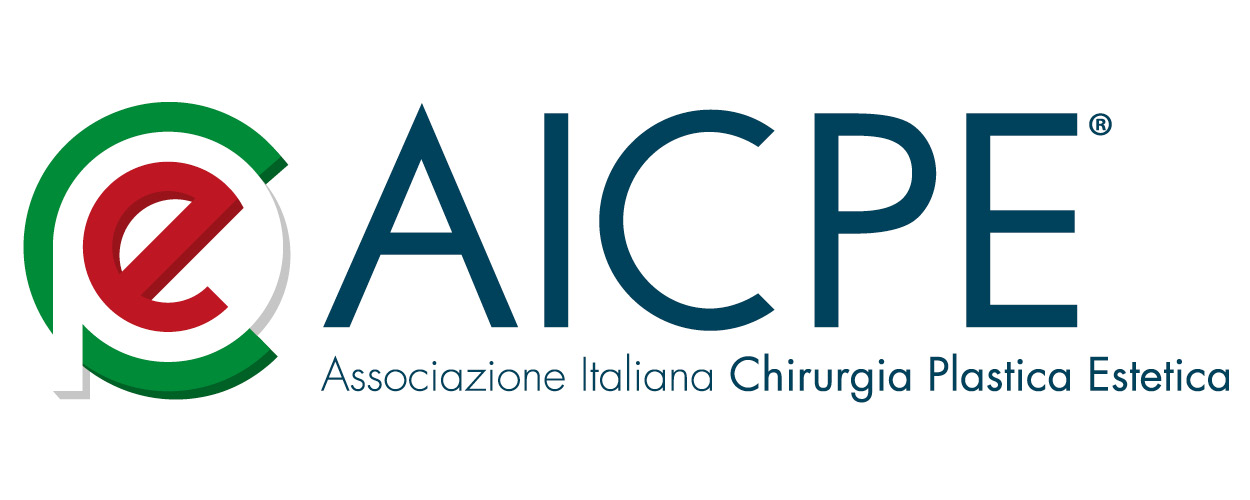VOLTAR
IMCAS World Congress 2025
IMCAS World Congress 2025
Programa
Adaptar ao meu fuso-horário a agenda da aula/congresso transmitida ao vivo
Fuso-horário de referência: (UTC+02:00) Europe, Paris
Breast augmentation: Augment your skill (in collaboration with AICPE)
Sala: Room 242 - Level 2
Data: quinta-feira 30 janeiro 2025 de 10:00 às 11:30
Formato: FOCUS SESSION > lectures covering a major topic of the congress
Data: quinta-feira 30 janeiro 2025 de 10:00 às 11:30
Formato: FOCUS SESSION > lectures covering a major topic of the congress
Apresentações desta sessão
| Horas | Palestrantes | Título da apresentação | Resumo | Número |
| 10:00 | Submuscular breast augmentation: Preventing dynamic deformity, caudal displacement, double bubble, and lower implant palpability with an innovative technique | 139844 | ||
| 10:11 | Breast implants revision | 139849 | ||
| 10:22 | The vertical plane technique in breast augmentation | 139846 | ||
| 10:33 | How to deal with fibrogranular breast augmentation | 139847 | ||
| 10:44 | Introducing preservation breast augmentation: A new strategy on an old technique | Visualizar | 144798 | |
| 10:55 | The Da Vinci breast augmentation - A muscle split technique, presenting over 1,500 cases | Visualizar | 144799 | |
| 11:06 | Breast augmentation - Identity or taboo in sexuality? | Visualizar | 139854 | |
| 11:17 | Discussion and Q&A | 139856 | ||















